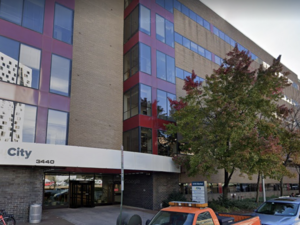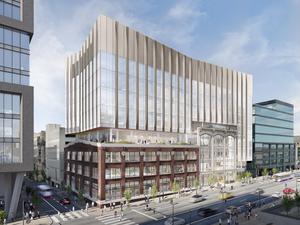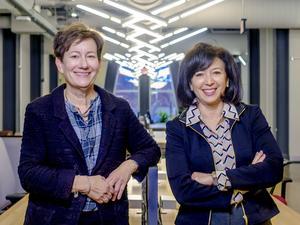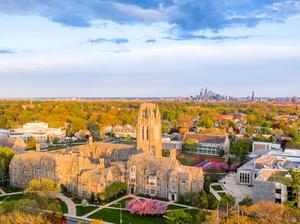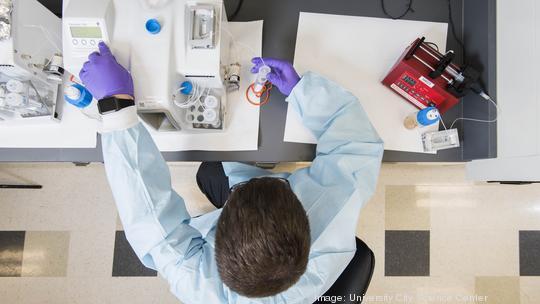
University City Science Center Board Chairman Mike DiPiano draws a parallel between his organization and Motown.
Before the storied music label could start pumping out chart-topping hits, founder Berry Gordy had to build out a physical space to house offices and recording studios. Since its founding in 1963, the Science Center has worked to establish a similar foundation for excellence, building out the space it needs to help cultivate top health care companies.
The Science Center has developed more than 15 buildings in the University City neighborhood over the course of nearly 50 years. In the past year, it has sold two of those buildings — 3701 Market St. and 3440 Market St. — for a total of $124 million.
"Now, we're focusing on amplifying the music," DiPiano said in keeping with the analogy.
Once guided by a drive to expand its real estate portfolio, the University City Science Center has embarked on a new strategy that centers the intangible needs of startups: access to capital, space for collaboration and resources to commercialize products.
Although seizing on real estate has been central to the nonprofit's operations for decades, DiPiano said it has always been looked at as a "means to an end." The end hasn't changed, DiPiano said, but the recent real estate deals have given the organization the capital to double down on its longtime mission "to power progress that advances health care innovation, uplifts communities and improves lives."
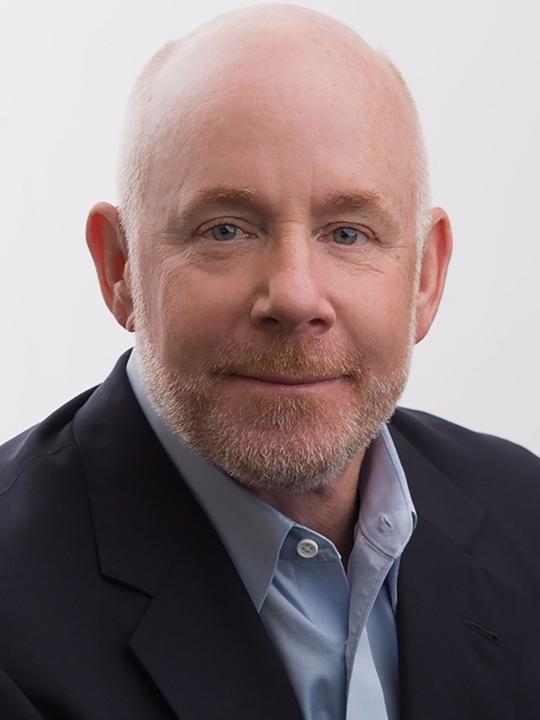
The Science Center is seemingly at an inflection point which started with a series of "what ifs" among board members over the years.
DiPiano can recall many of those questions: "What if we had programs where entrepreneurs could exchange ideas? What if we had more money? What if we had lab space that companies could use? What if we had inspirational people to lead this?"
In October 2020 the board handpicked Tiffany Wilson, who has no background in real estate, to lead its next chapter as CEO. Wilson said that her focus for the future of the Science Center includes bringing health care technologies to market, nurturing STEM talent, helping companies scale and being a presence in the West Philadelphia community.
The Science Center's real estate-focused strategy of years past was not only instrumental in turning University City into a burgeoning life sciences hub, but also allowed it to serve as a breeding ground for companies like SEI Investments, Centecor and Century, to name a few.
Now, the revenue generated by the two recent real estate sales will go toward resources that the Science Center hopes will help innovative startups grow into Philadelphia's next health care giants. More specifically, the shift is part of a "revenue diversification strategy" that Wilson thinks can breathe new life into existing programs to further develop local startups and health care innovators.
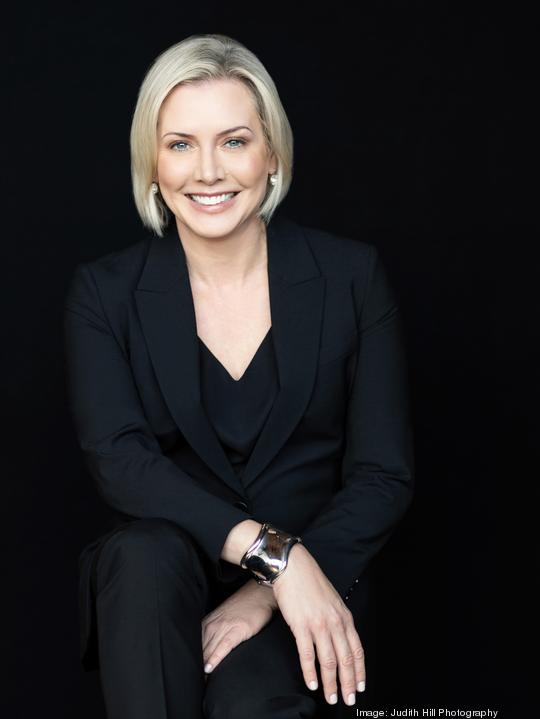
In total, the Science Center boasts 13 programs that fall under four categories: Commercialize, Cultivate, Convene and the newly launched Capital. Commercialization programs are the "tip of the spear" and include incubator and accelerator activities for startups looking to grow, Wilson said.
Each pillar lends itself to Wilson's increased focus on capital and resources to help develop startups. The center will soon be launching a new capital fund to provide seed-round and Series A funding to early stage startups.
"If we really build on the success that we've seen through our incubator and accelerator activities, then theoretically by definition, we're growing companies," Wilson said. "We're supporting that growth that's going to attract investment to the region, which will create jobs. I want to see that investment so we have more companies going through that pipeline."
Wilson said she isn't worried that abating the center's physical footprint in University City could decrease its presence in the burgeoning technology and life sciences hub. Instead, she thinks that the real estate proceeds will help "ensure that there are resources in the long term."
As life science companies continue to flock to University City, Wilson said she sees the Science Center as "the nucleus of that activity."
"I get excited about Philly and the Science Center really being a global partner for accelerating health care innovation and driving positive outcomes in patient populations, and that's where the community really benefits," Wilson said. "It's addressing the patient population and by nature of doing that, you're scaling and creating economic growth that's going to really help improve the economic competitiveness of the region."
